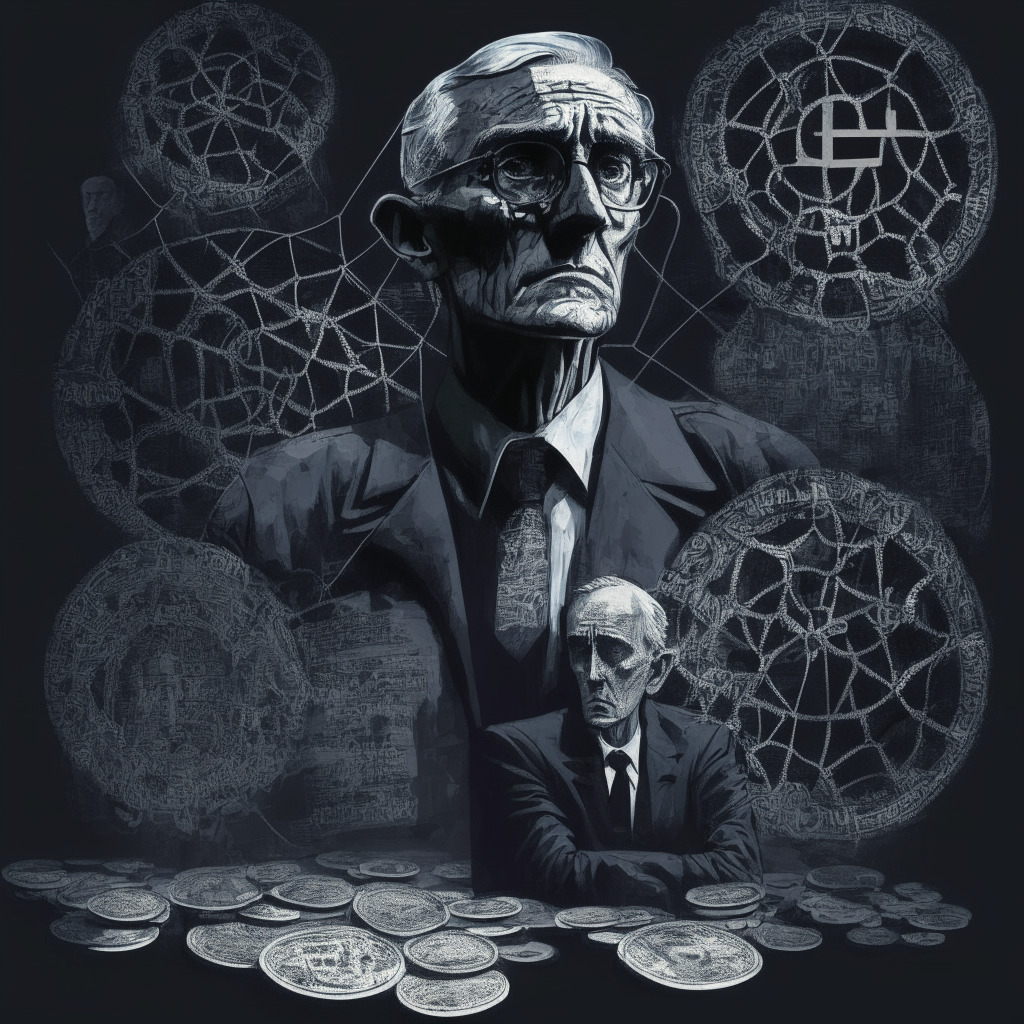In an interesting turn of affairs, a former lieutenant at the New Jersey Department of Corrections, John A. DeSalvo, has found himself at the receiving end of a crypto scam charge leveled by the U.S Securities and Exchange Commission (SEC). According to an announcement made on the 23rd of August, DeSalvo is purported to have obtained $623,388 from a total of 222 investors through his personal Blazar token sales, which took place between November 2021 and May 2022.
The proposition made by DeSalvo was both promising and particular, claiming that Blazar would replace traditional state pension systems for police, firefighters, and first responder paramedics. Thus, ensuring highly profitable returns. DeSalvo’s approach included a statement indicating, that Blazar token, the first of its kind, could be purchased through weekly pre-tax payroll deductions, not unlike payments made into a pension, 401k, IRA or other retirement savings plan.
However, a significant point of contention lies in the fact that, while DeSalvo was reaching out to potential investors, he falsely stated that Blazar token had gained securitization with the SEC. The reality was in stark contrast – the token had never been registered with the regulatory body. As a further blow to investor trust, despite an alleged initial “lock-up” period for insiders, DeSalvo sold 41 billion of his own Blazar tokens for $51,000, during their debut on the decentralized exchange – PancakeSwap, in May 2022.
The damage was swift. Barred from selling their Blazar tokens, investors could only watch as DeSalvo sold his. By the 22nd of May, just two weeks post DeSalvo’s PancakeSwap sale, the Blazar token lost over 99.9% of its value. As stated by the SEC, DeSalvo’s torrent of sales pressured the Blazar Token’s trading price downward and cleared most of the investment liquidity from PancakeSwap, leading to vast investor losses.
The SEC now seeks to levy a permanent injunction against DeSalvo, ensuring he is effectively barred from further security offerings. In addition, they call for civil penalties and disgorgement of profits. This case brings to the fore the potential pitfalls of crypto investment, especially when regulations aren’t fully formed or followed. What was proposed as a novel method of retirement investment has ended up a cautionary tale, reminding us all that the path to financial security in the age of crypto is still a work in progress.
Source: Cointelegraph




